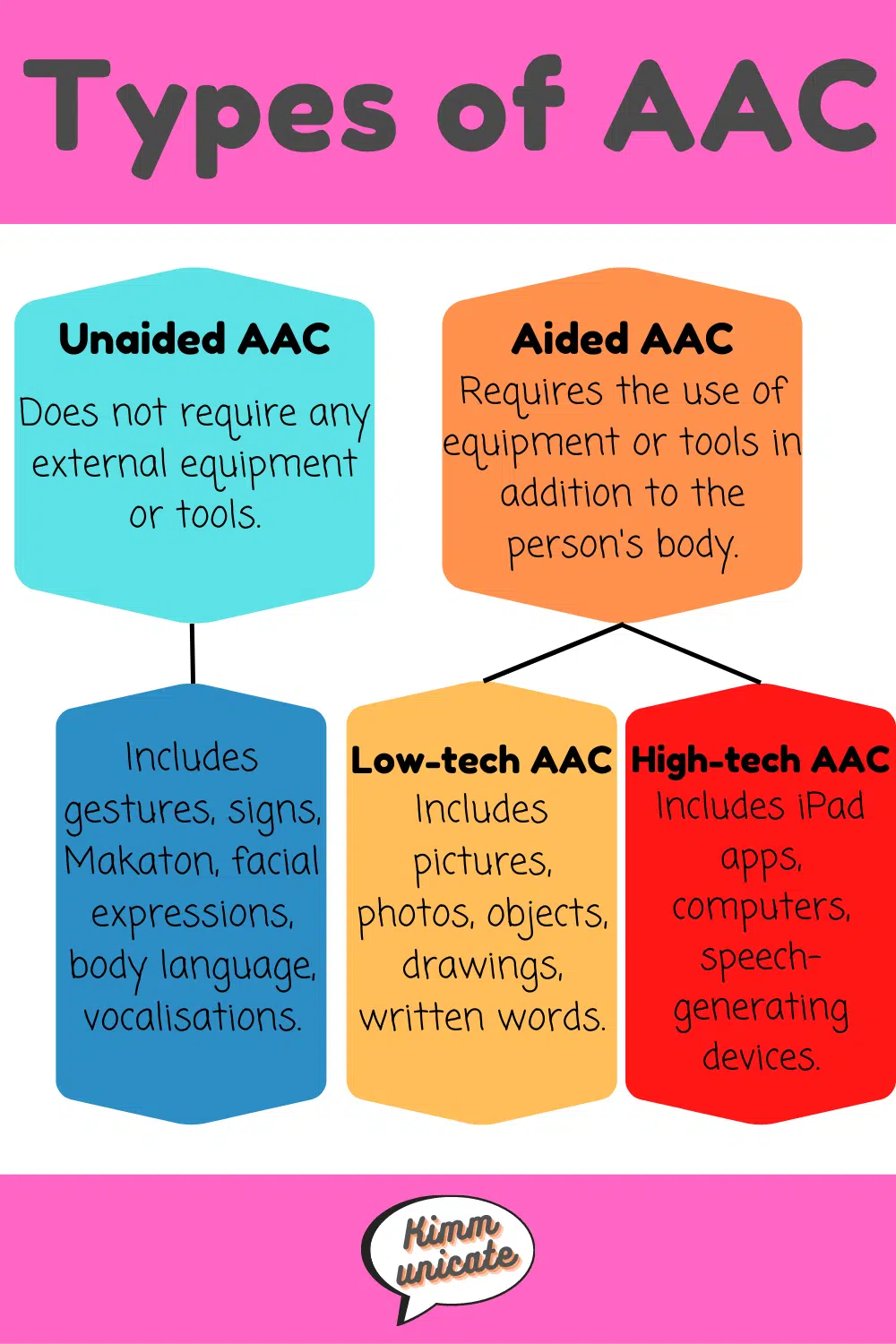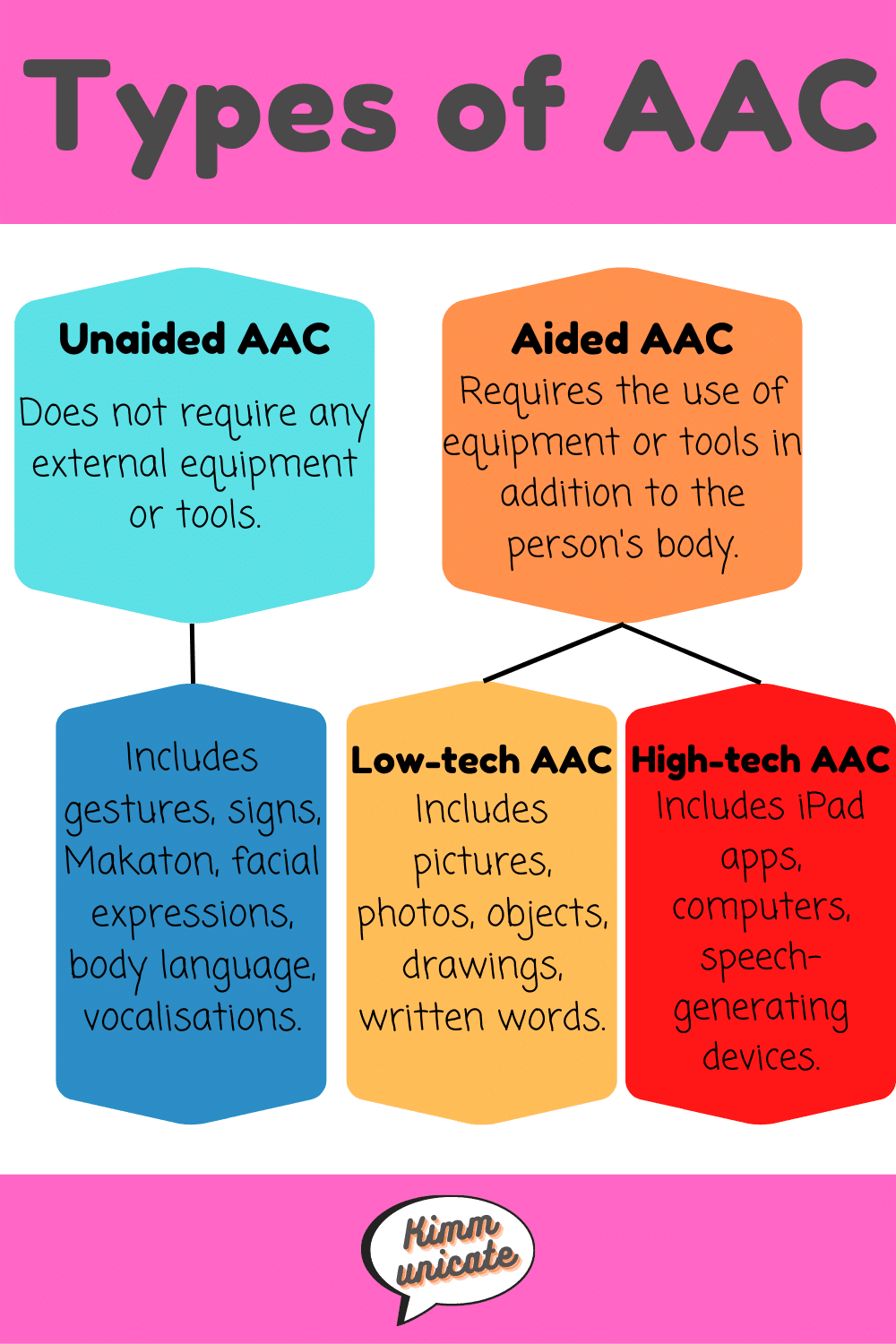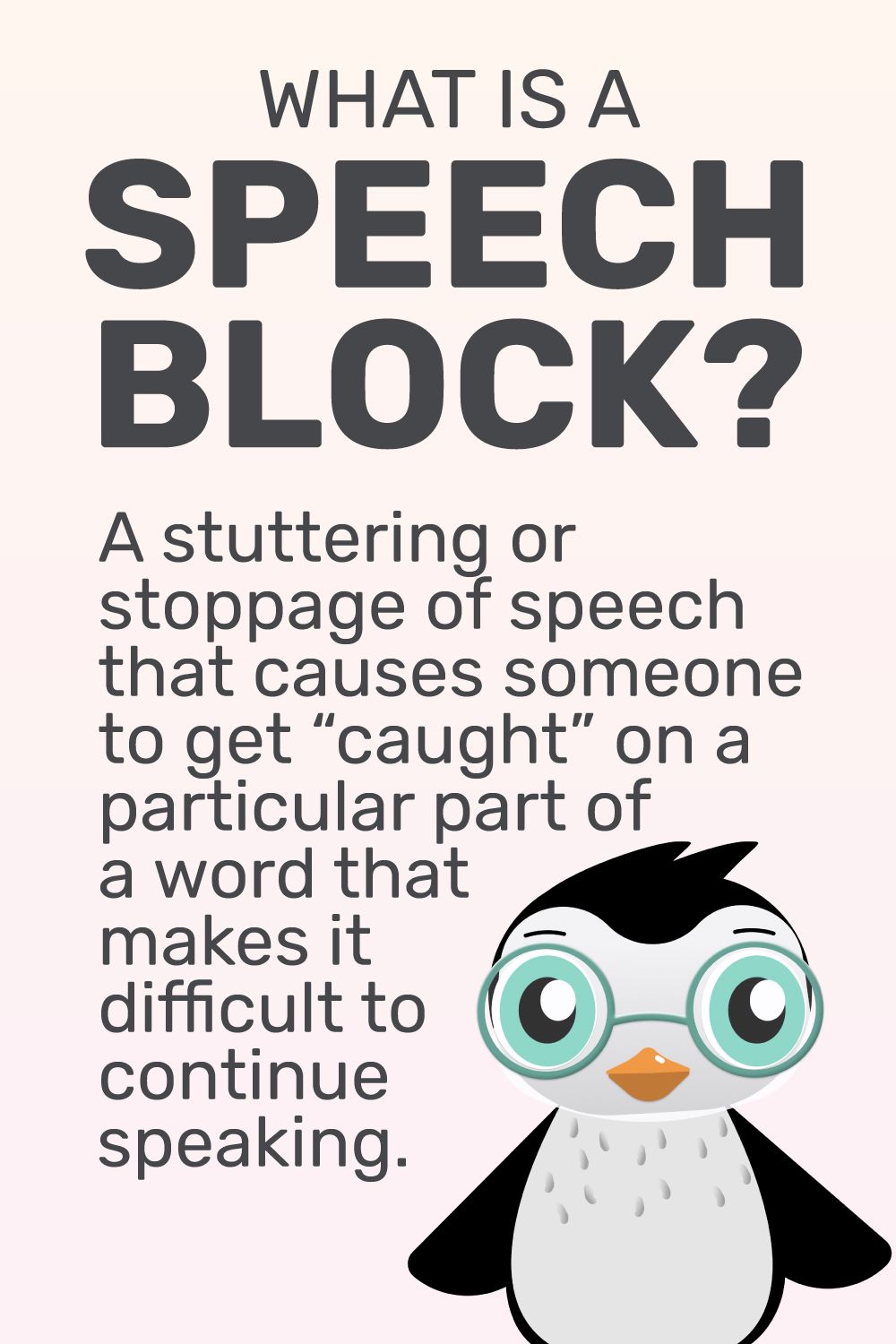Understanding the symptoms of Congenital Aphasia is crucial for early recognition and intervention. Here’s a concise overview of its key symptoms:
| Symptoms |
Description |
| Language Delays |
Children with Congenital Aphasia may exhibit slower language development compared to their peers. |
| Limited Vocabulary |
They may have a smaller vocabulary and struggle to find the right words. |
| Difficulty with Grammar |
Incorrect word order and grammar usage can be common. |
| Comprehension Challenges |
Difficulty understanding spoken or written language. |
| Articulation Issues |
Problems with pronunciation and articulation may be noticeable. |
| Reading and Writing Struggles |
Difficulties in reading and writing, including spelling errors. |
| Social Isolation |
Difficulty in social interactions due to communication challenges. |
| Frustration |
Children may become frustrated when unable to express themselves effectively. |
| Varied Severity |
Symptoms can vary in intensity, so early diagnosis is essential. |
Recognizing these symptoms early and seeking appropriate support and interventions can significantly improve a child’s communication skills and overall quality of life.
This post was originally published on July 2, 2023. It was updated on Jan. 11, 2024.














